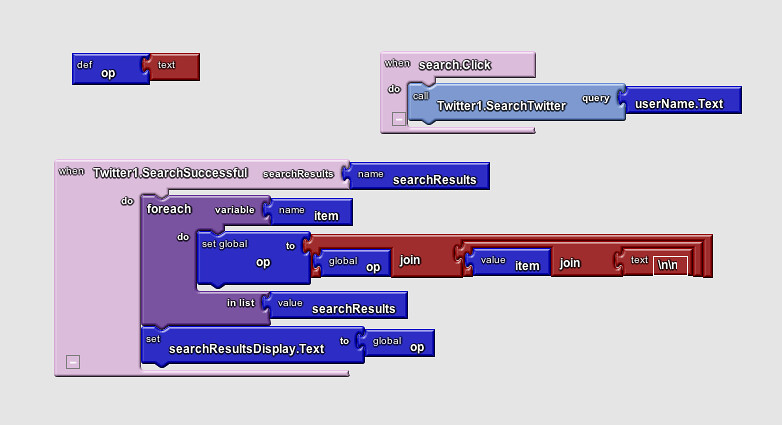I'm always keen to encourage an awareness and uptake of coding in my kids. I think that coding brings a lot more than the simple ability to write programs. Coding requires a set of disciplines and an approach that are of great benefit in all walks of life.
As the summer holidays are upon us, with weeks upon weeks for kids to idle away their time, now is a good moment to revisit some of the online opportunities to give kids an insight into the joys of coding.
I've previously mentioned Scratch and App Inventor 2 (AI2) as two very accessible means for getting kids (and adults!) started, and producing a useful app that they can share with their friends very quickly. Both sites are free and use a clever building blocks interface to allow budding programmers to quickly understand the requirements of syntax. Scratch builds web-based apps and AI2 builds apps for Android devices (phones and tablets) with surprisingly powerful blocks for accessing web-based resources.
Scratch has always encouraged its users to share their work. Earlier this year App Inventor added its own gallery for showing and sharing.
Whilst it's not free, I've heard good things about Tynker. Tynker also takes the building blocks approach to syntax, and offers structured courses to help guide its students to exciting results.
Another means of getting your kids inspired is Lightbot. This is a series of programming-related puzzles featuring a cute robot character in a games app - available for Apple iOS, Android and other platforms. Great fun, and challenging too when you get to some of the higher levels.
As technology becomes more pervasive, traditional trades disappear, and the world of work becomes more globalised, the skills that newer members of the workforce need are changing: problem solving, team working, and communication are but three "21st century skills". Digital literacy (ability to find and use internet-based resources and information) and creativity— and the latter’s close relative, entrepreneurship—are close behind. And, the young have become more comfortable learning on their own, especially on topics of interest. They just need to be pointed in the right direction!
